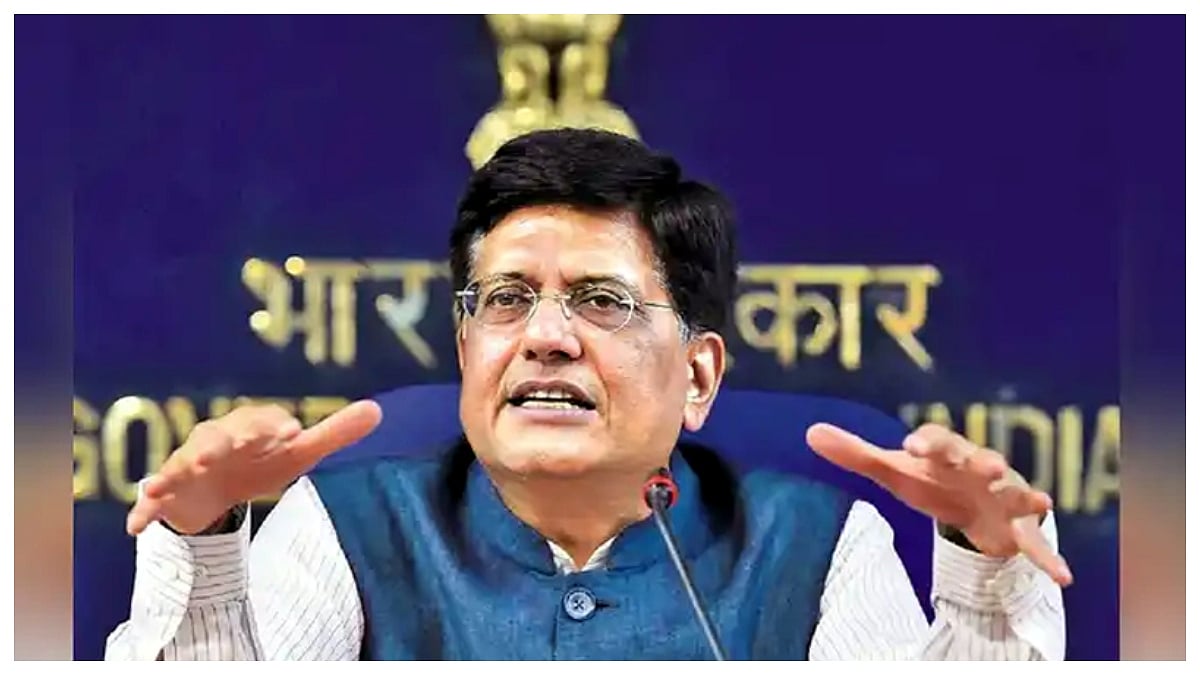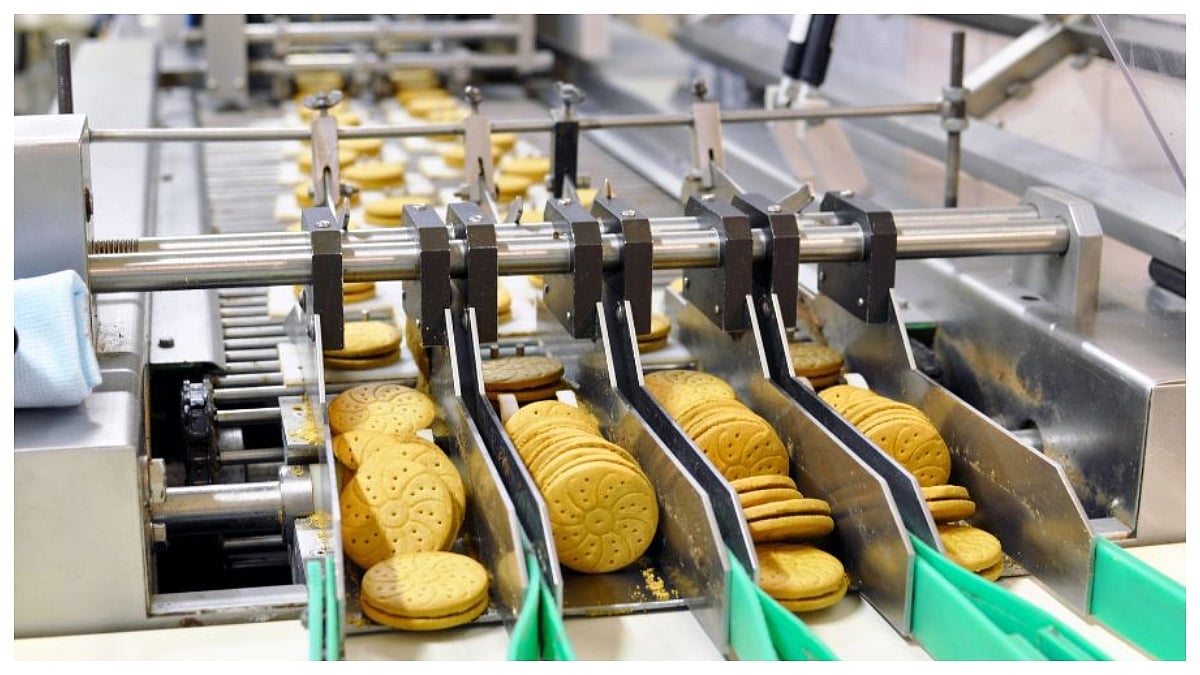New Delhi: India's food processing sector accounts for 7.7 per cent of manufacturing output and supports over 7 million jobs, is projected to reach USD 535 billion by 2025-26, driven by rising consumption, exports, and government focus on 'Make in India', according to industry experts.
With AI automation and smart packaging redefining the industry, India has the potential to emerge as the global hub for food and packaging materials, they said at the the Fi India and ProPak India event organised by Informa Markets.According to them, India's organic food market is projected to grow at a compound annual growth rate (CAGR) of 20.13 per cent to USD 10.8 billion by 2033, while the food ingredients market is growing at 7-8 per cent CAGR.

Dr Meenakshi Singh, Chief Scientist, Technology Management Directorate, Council of Scientific and Industrial Research (CSIR), said food ingredients form the backbone of the food sector, with packaging playing an equally critical role in ensuring safety and quality.
Supported by schemes like the production-linked incentive (PLI) scheme, the industry is witnessing strong growth, as seen in the participation of over 350 exhibitors from India and abroad."In 2025, FSSAI's focus on stricter labelling, organic food standards, and consumer awareness is shaping industry practices at a time when India's organic food market has already reached USD 1,917 million in 2024 and is projected to grow at a CAGR of 20.13 per cent to USD 10,807 million by 2033."
Nilesh Lele, President, Chamber for Advancement of Small and Medium Businesses, said, "As Vice Chair of the India TIC Council, I also see the vital role of testing, inspection, and certification in ensuring that food ingredients showcased here meet global standards and contribute positively to health and nutrition," he said.
Indian food preferences, such as Basmati rice or regional pickles, continue to shape consumption patterns even among the diaspora, highlighting the cultural and nutritional impact of these products globally.Yogesh Mudras, Managing Director, Informa Markets in India, said the Indian food processing sector is undergoing a transformative phase, driven by rising health consciousness, growing preference for organic and plant-based foods, and a notable shift in dietary patterns.

"With the organic food market projected to touch Rs 75,000 crore by 2025, and a majority of consumers willing to pay a premium for healthier alternatives, the industry is seeing rapid expansion across fruits, vegetables, and plant-based offerings," he said.Dr Nilesh Amritkar, Managing Director, Envirocare Labs, said, "The organic food industry in India is set for a quantum leap, growing from USD 2 billion today to over USD 10 billion by 2033 at a CAGR of 22 per cent.
Although the overall food market is valued around USD 850 billion, organic remains a small share, yet consumers are increasingly ready to pay a premium of 7-20 per cent or more for healthier and sustainable products." Over 15,000 professionals from more than 50 countries converged at the three-day Fi India and ProPak India event, which concluded on September 5.
Speaking during the event, Dr Prabodh Halde, Chairman, Chamber for Advancement of Small and Medium Businesses (CASMB), said India's food processing and ingredient industry holds immense strategic importance in the current global geopolitical scenario, with the market already valued at USD 8-9 billion and steadily expanding.Growth is being driven by ayurveda, herbal, organic products, and initiatives such as FSSAI's Aahara food standards, which emphasise actives and nutraceuticals, Halde said.
"Unlike in 2006, when international participants dominated, today India's presence has strengthened not only domestically but also across global platforms in Dubai, the UK, and beyond, reflecting the industry's transformation." "Strengthening food processing is critical, as it directly enhances farmer incomes -- supporting nearly 68 per cent of India's population -- and adds value through exports.
Ingredients such as turmeric, exemplify the dual role of Indian spices in promoting both taste and health, contributing to lower rates of mortality during Covid and neurological disorders compared to global averages," Halde added.
Disclaimer: This story is from the syndicated feed. Nothing has changed except the headline.











